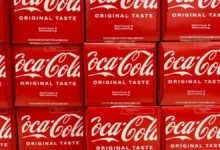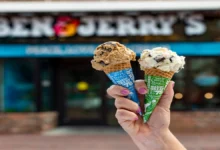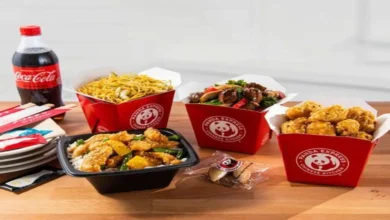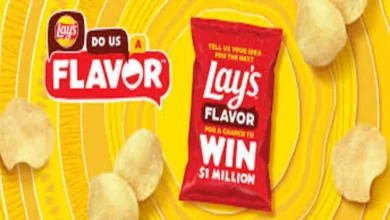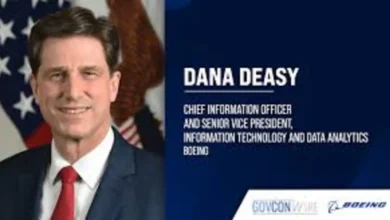Coca-Cola Recall: What Happened and What It Means for Consumers1
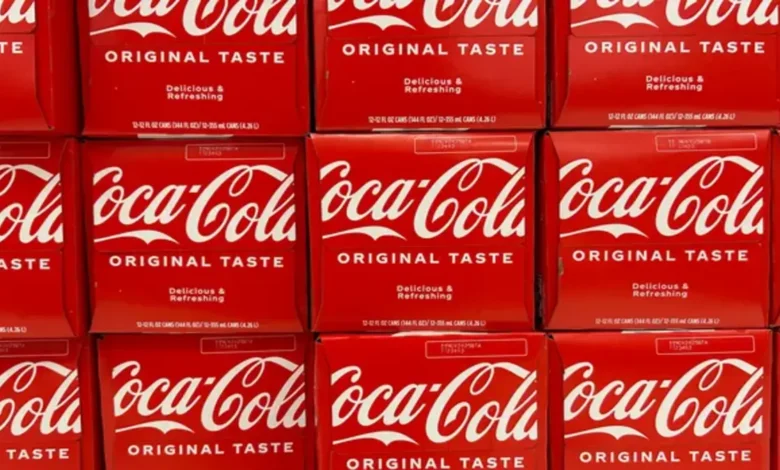
Coca-Cola Recallis one of the most iconic brands in the world, enjoyed by millions of people across the globe for decades. The soft drink giant has established itself as a household name, known for its refreshing taste, extensive product range, and global presence. But like any major company, Coca-Cola is not immune to product recalls. These rare but significant events stir up concerns about safety, quality control, and transparency, especially when they involve a beloved product.
In this article, we’ll take an in-depth look at the various Coca-Cola recalls over the years, why they happen, and how the company has responded. We’ll also explore the impact of a recall on both the brand and its consumers, and what Coca-Cola has done to address safety concerns and maintain consumer trust. Whether you’re a regular Coca-Cola consumer or just curious about what goes on behind the scenes, this article will give you everything you need to know.
What Is a Product Recall? Understanding the Process
A product recall is a process in which a company removes a product from circulation, usually due to safety or quality concerns. Recalls can be initiated by the company itself, or in some cases, they are mandated by regulatory agencies like the U.S. Food and Drug Administration (FDA) or the Consumer Product Safety Commission (CPSC). The goal of a recall is to protect consumers from potential harm by ensuring that faulty, contaminated, or otherwise dangerous products are no longer available for sale.
In the case of Coca-Cola, a recall might happen if there is a manufacturing defect, contamination, or if a product does not meet the company’s own quality standards. This can involve any of Coca-Cola’s wide range of beverages, from its flagship cola to bottled water or even energy drinks. While recalls are rare, they can have significant effects on the brand’s reputation and consumer confidence.
A recall can affect any product, regardless of its size or popularity. Even the largest companies in the world, like Coca-Cola, are vulnerable to issues in their production processes, which can result in recalls. However, how the company handles a recall and communicates with the public is often what determines its ability to recover from the situation.
Why Do Recalls Happen? Key Reasons for Coca-Cola’s Recalls
Product recalls, while uncommon, can be triggered by several factors, ranging from packaging issues to contamination during the manufacturing process. Coca-Cola, like other food and beverage companies, must adhere to strict guidelines for food safety, quality control, and hygiene. Despite these precautions, mistakes and issues can still arise that lead to a recall. Here are some common reasons Coca-Cola has had to issue recalls in the past:
- Contamination or Foreign Objects: One of the most common reasons for a product recall is the discovery of contamination in a beverage. This can range from small particles or foreign objects being found in bottles or cans to microbial contamination. Coca-Cola has occasionally had to recall drinks due to issues like the presence of glass fragments, plastic shards, or mold in the product. These types of recalls are typically initiated quickly to prevent harm to consumers and protect the brand’s image.
- Labeling or Packaging Errors: While the drink inside the bottle may be perfectly safe, sometimes issues with packaging or labeling can lead to a recall. In some instances, ingredients that are not properly listed on the packaging may trigger a recall, particularly if those ingredients pose a risk to consumers with allergies. For example, a misprint on the label that omits an allergen or lists incorrect nutritional information can confuse and potentially lead to health risks. When such errors are discovered, a recall is typically issued to prevent any consumers from being exposed to unlisted allergens or incorrect information.
- Manufacturing Defects: Sometimes, problems arise during the production process that affect the safety or quality of the finished product. Coca-Cola has occasionally had to recall batches of beverages due to issues related to manufacturing defects. This could include problems with carbonation, improper sealing of cans or bottles, or issues with the ingredients used in the product. These recalls are typically a result of the company’s strict quality control processes identifying something amiss during production.
- Regulatory Compliance: Occasionally, regulatory agencies may find that a product does not meet local health and safety standards. In these cases, a company like Coca-Cola could be required to recall certain products to ensure compliance. These recalls might involve certain regions or markets where specific health and safety regulations need to be met. While these situations are rare, they do highlight the importance of maintaining a strong relationship with regulatory bodies to avoid potential violations.
Coca-Cola Recalls Over the Years: A Brief Overview
While Coca-Cola is known for its consistency and high-quality standards, there have been a few notable recalls over the years. Let’s look at some of the more significant recalls the company has faced and how it responded.
In 2010, Coca-Cola issued a recall of some of its Vitaminwater products. The recall was initiated after the discovery of a small number of bottles containing potentially faulty seals, which raised concerns about the safety and integrity of the product. Though no injuries were reported, the company acted quickly to remove the affected bottles from shelves and prevent further sales. This incident highlighted Coca-Cola’s commitment to consumer safety, as they immediately identified and removed the potentially problematic products.
In 2018, Coca-Cola was forced to recall Coca-Cola Diet Soda due to the potential contamination of a small number of bottles with a cleaning product. The company voluntarily pulled the affected products off the shelves and worked closely with the FDA to ensure that the issue was properly handled. Thankfully, no widespread health concerns emerged from this recall, but the incident served as a reminder of the importance of maintaining vigilance at every stage of production and distribution.
More recently, in 2020, Coca-Cola issued a recall for Coca-Cola Energy drinks. The recall was due to labeling issues in which the caffeine content was inaccurately represented on the packaging. While the products were not harmful, the recall was necessary to correct the error and ensure consumers were properly informed about the contents of the beverage. This recall is a prime example of how labeling and packaging errors can still lead to significant recalls even when the product itself is safe.
How Coca-Cola Handles Recalls: Transparency and Consumer Safety
Coca-Cola, like all responsible companies, places a strong emphasis on transparency and consumer safety when it comes to product recalls. The company’s primary goal during a recall is to protect consumers, limit the damage to its reputation, and prevent any future issues. This requires swift action, effective communication, and collaboration with regulators to address the root cause of the issue.
Here’s a breakdown of how Coca-Cola typically handles recalls:
- Immediate Action: Once an issue is identified, Coca-Cola takes immediate steps to investigate and assess the severity of the problem. If necessary, the company will initiate a recall to remove affected products from shelves and halt any further distribution. For example, in the case of the Vitaminwater recall, Coca-Cola acted quickly to pull the potentially faulty products from stores and notified consumers about the issue.
- Communication with the Public: Transparency is key during a recall. Coca-Cola typically communicates with the public via official press releases, social media, and the company website. These communications provide details about the recall, including the affected products, potential risks, and steps for consumers to take. The company often provides a phone number or website where consumers can find more information or request a refund or replacement.
- Collaboration with Regulators: Coca-Cola works closely with regulatory bodies like the FDA, CPSC, and other local authorities to ensure that the recall is carried out in compliance with all necessary health and safety regulations. This collaborative approach ensures that the recall is handled efficiently and that any potential risks are mitigated.
- Root Cause Analysis and Prevention: After a recall is initiated, Coca-Cola conducts an internal investigation to identify the root cause of the issue. Whether it’s a problem with manufacturing, packaging, or distribution, Coca-Cola takes steps to prevent similar issues from happening again. This may involve improving quality control procedures, Coca-Cola Recall in new technologies, or retraining employees to ensure higher standards are met.
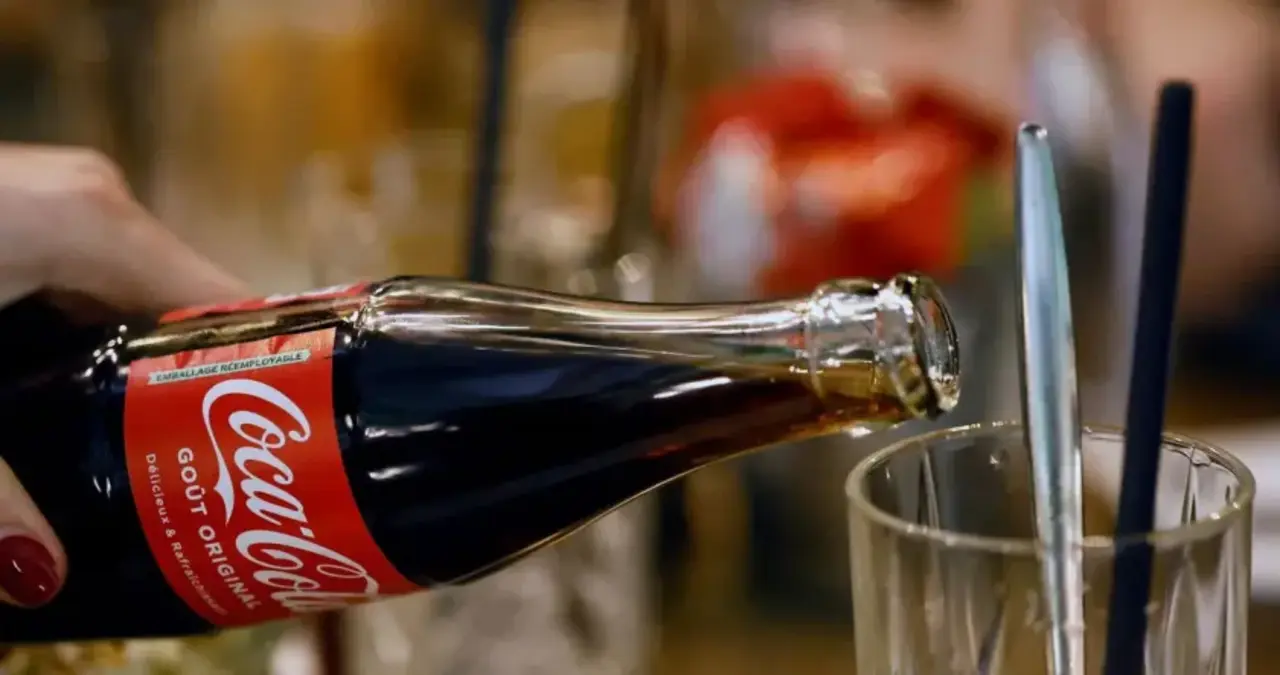
Impact of Coca-Cola Recalls on the Brand and Consumers
While recalls are certainly not ideal, they can have a significant impact on both the company and its consumers. For Coca-Cola, a recall can potentially damage its reputation, leading to a loss of consumer trust. That said, Coca-Cola has a strong brand image and a long history of responding quickly and transparently to any recall issues. This quick and effective response helps to mitigate any potential damage to the company’s reputation.
For consumers, recalls can create a sense of concern, particularly when it comes to food and beverage safety. However, Coca-Cola’s swift action in addressing any potential health risks and communicating openly with the public has helped to reassure customers that their safety is the company’s top priority. It’s also worth noting that many of Coca-Cola’s recalls have been minor in scope, affecting a limited number of products or specific regions, which helps reduce the overall impact on consumers.
Conclusion: Coca-Cola’s Commitment to Quality and Consumer Safety
Coca-Cola is a company that has built its reputation on quality, consistency, and trust. While product recalls do happen, the company’s commitment to addressing these issues head-on, being transparent with the public, and ensuring consumer safety has allowed it to maintain its status as a global leader in the beverage industry. Whether it’s a minor labeling error or a more serious manufacturing issue, Coca-Cola works quickly to resolve the problem and prevent it from happening again.
As consumers, it’s important to remain informed and aware of any product recalls, but it’s equally important to understand that recalls are a normal part of the manufacturing process, particularly for large companies. Coca-Cola’s response to recalls reflects its ongoing dedication to ensuring that its products meet the highest standards of safety and quality, keeping its customers’ best interests at the forefront of its efforts.
